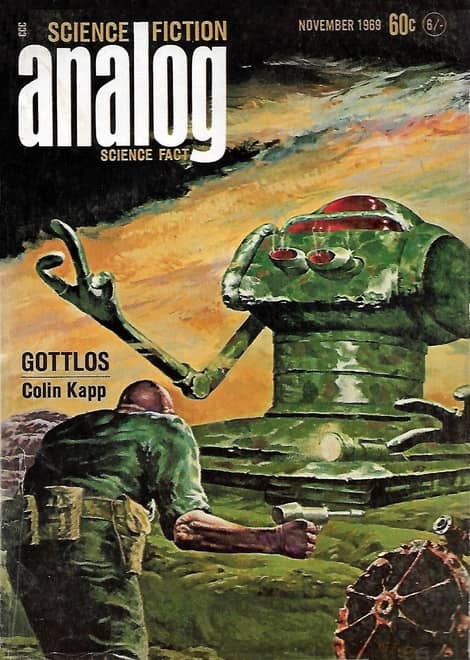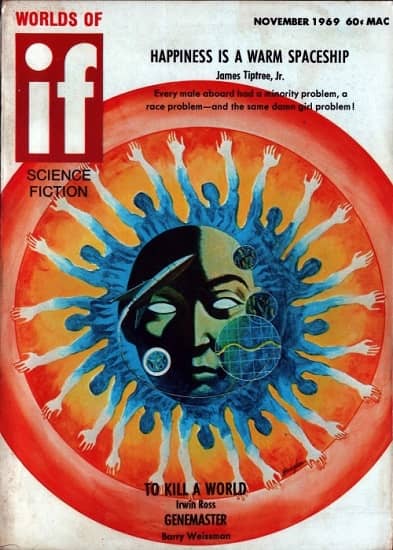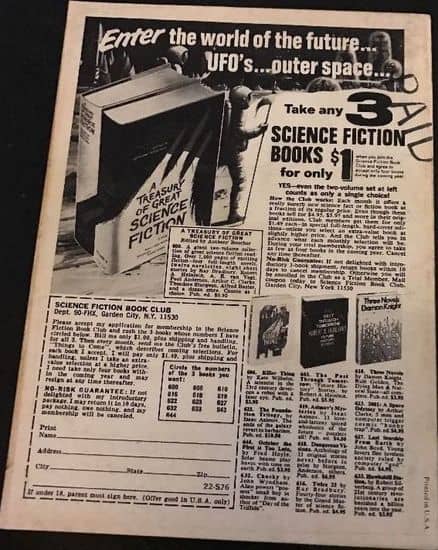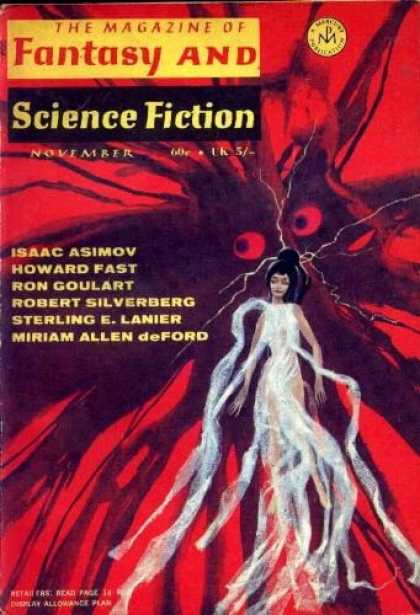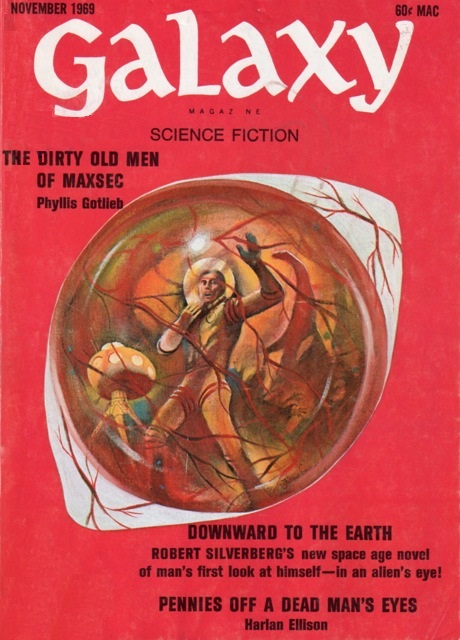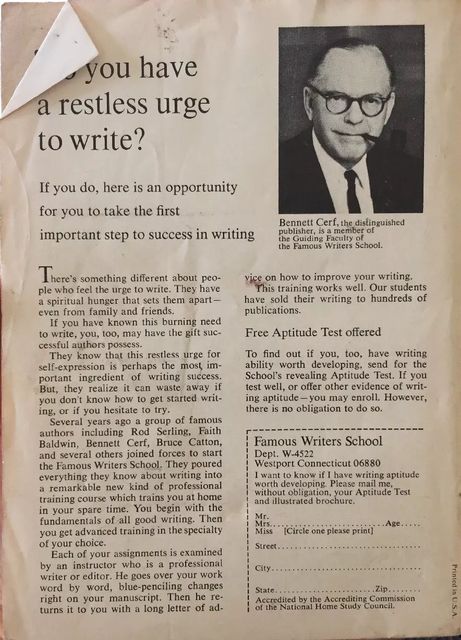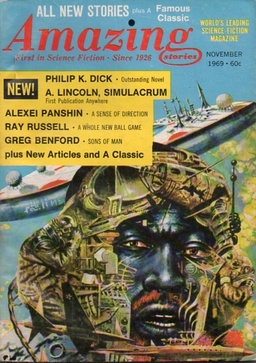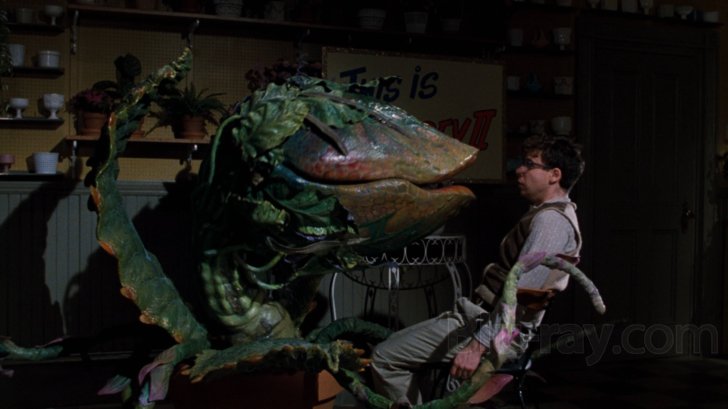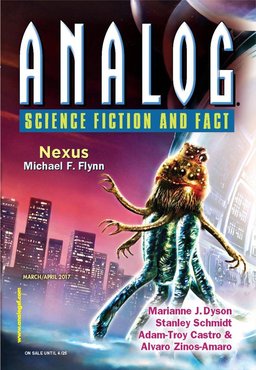 The cover story this issue is “Nexus,” by Michael Flynn, with cover art by Tomislav Tikulin. A series of coincidences brings a time-traveler, an immortal, a group of aliens mostly passing as humans, a secret military android, a telepathic private-eye, and an alien invader all together. It has a lot of plates spinning, and looks a little silly packed into that last sentence, but Flynn pulls it off.
The cover story this issue is “Nexus,” by Michael Flynn, with cover art by Tomislav Tikulin. A series of coincidences brings a time-traveler, an immortal, a group of aliens mostly passing as humans, a secret military android, a telepathic private-eye, and an alien invader all together. It has a lot of plates spinning, and looks a little silly packed into that last sentence, but Flynn pulls it off.
The nonfiction article this issue is “Sustainability Lab 101, Cuba as a Simulation of Possible Futures,” by Stanley Schmidt. Condense Cuba’s history, pick a couple of outlandish internet comments and go! Dr. Schmidt presents a good case, and opens up some interesting discussions. Still… for a sci-fi guy, I find his lack of imagination about the future to be a bit alarming.
“Europa’s Survivors” by Marianne Dyson. This has a great illustration by Vincent DiFate, but the story doesn’t quite measure up to it. The tale demands a bit too much of the reader — rockets landing on Europa have to actually smash through the ice (a “thin layer”) and go down the same shaft where the pumps that keep the ice from being a “thick layer” are housed; robo-stress relief pets and a convenient lack of qualified personnel. I liked the basic set-up with the cancer patient going one-way due to the radiation exposure in space and, although it was a bit much, the problems faced and the solutions found were quite good.
“Eli’s Coming,” by Catherine Wells. One of seven (eight if you count “Nexus”) time travel stories in this issue. An owner of a time-traveling business tries it out for himself, ends up at the wrong place and time, instead of the Herod’s Palace at the top of Masada in 10 BCE, he ends up at Herod’s Palace at the top of Masada as the Roman 10th Legion is just finishing up their siege ramp. This one I liked quite a bit. The rebels under Eleazar are desperate, the situation is dire, and Eli (the MC) is trying his best to keep calm and survive until his retrieval chip activates.
“Time Heals,” by James C. Glass. Another time travel story. I’m going to admit that at this point I wasn’t in much of a mood for another one, so after the first attempt to change the past and discovering one couldn’t change the past, I skipped it.
…
Read More Read More
